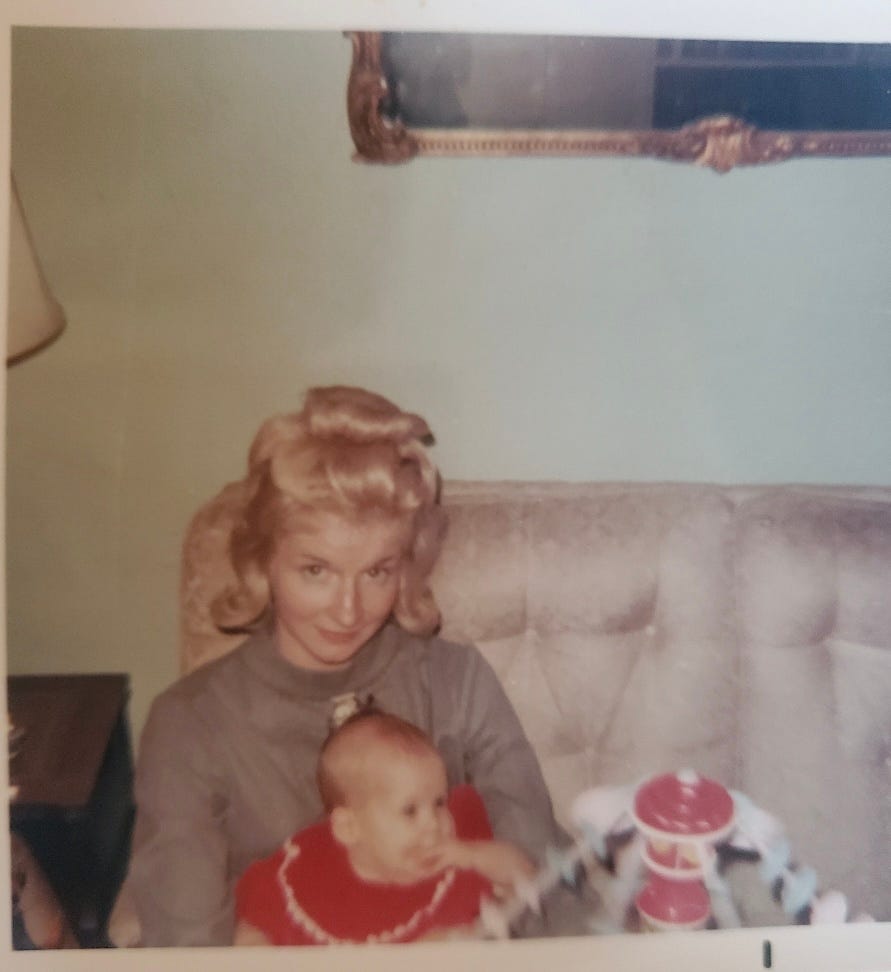On realizing I'm the grownup in the room...
When the death of an aunt means the end of an era.
Yesterday my Aunt Paula died at age 78.
The family had been working to get her from Chicago to Florida since March, and she finally made it - though with some serious setbacks along the way - and, just a couple of weeks after traveling she was released to hospice care, dying just a few days later.
As I wrote about in early April, Aunt Paula was a force an…
Keep reading with a 7-day free trial
Subscribe to The Kettle with Meagan Francis to keep reading this post and get 7 days of free access to the full post archives.



